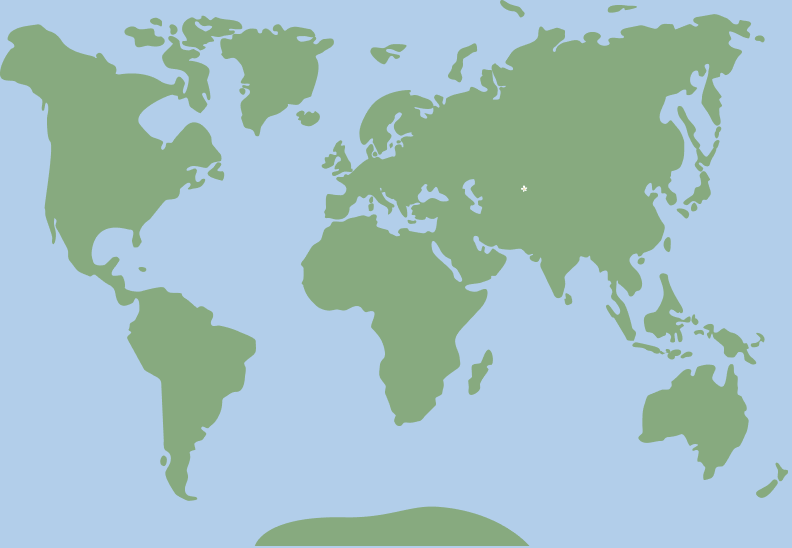Murcia, Spain
Teatro de Romea
This resilient theater has weathered two destructive fires, and continues to be one of the most important cultural centers throughout Spain.
Wroclaw, Poland
At the crossroads of central European history, Wrocław has—in the span of the last millennium— been a part of Bohemia, Poland, Austro-Hungary, Prussia, and Germany—and has now been returned to Poland.
For two hundred years leading up to World War II, the city was known as Breslau. But that changed when war struck, and it transitioned into the capital of Lower Silesia, eventually becoming both the last stronghold of the Nazis and the last sizable city to surrender to the Soviets.
In the late summer of 1945, the Allies adjusted the borders and returned the city to Poland. Breslau’s German inhabitants were swept out, making room for an influx of Polish immigrants and refugees to flood “new,” “old” Wrocław. Though 70 percent of the infrastructure had already been decimated by war, the early inhabitants of modern Wrocław were determined to clear away all remaining traces of German habitation. Buildings were destroyed, streets received different names, and any remnants of the past were left to deteriorate as the rubble was cleared out.
There were a few precious, colorful exceptions.
What is now the BGZ bank was originally built in 1827, then rebuilt at the close of the nineteenth century in this modernized style. Even the tough pioneers of Wrocław, who otherwise annihilated Breslau and transformed their new town, respected the legacy and aesthetic value of this stately, elegant pastry of a building. After the war, balconies had to be restored and ownership changed hands, but the core structure survived the tumultuous rebirth of Wrocław.
When the Iron Curtain fell in 1989, city leaders and the community became more willing to acknowledge Wrocław’s diverse inheritance. As a reflection of that embrace, the bank has earned the designation “immovable monument,” no matter what name the city goes by.
Though the building has borne witness to the brutality of the Nazis, Soviet oppression, Communist neglect, and the devastations of war, its survival throughout these harsh pivots of history is heartening, the city’s very existence a testament to our shared capacity to appreciate beauty—a perception that has no country, no borders, no limits. By belong- ing to nobody, it belongs to us all.

 51.1048825, 17.0323561
51.1048825, 17.0323561
Max file size is 40MB. JPEGs are preferred.
You do not have permission to view this form.Need an account? Sign up
This site is protected by reCAPTCHA and the Google Privacy Policy and Terms of Service apply.
Know more? Share with the community!
Submit Your ImageLogin/Sign Up.